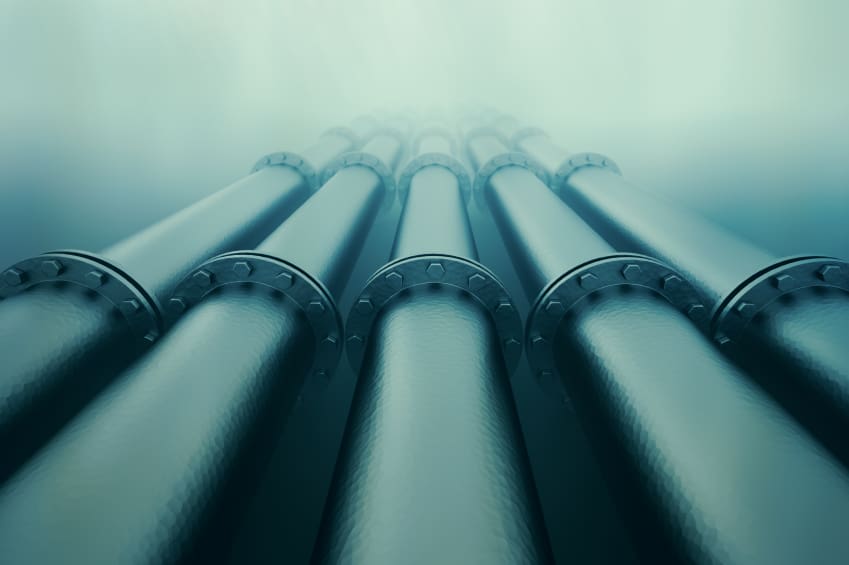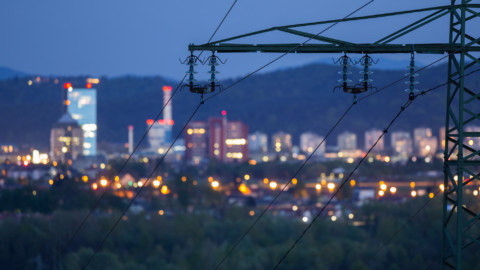Engineers at The University of Western Australia are undertaking research which could revolutionise the foundations of deep-sea oil and gas pipeline infrastructure in an attempt to improve the international competitiveness of the Australian energy and resources industry.
The research – which has secured Federal Government funding – will contribute towards pushing offshore projects down the cost-curve by enabling the tapping of oil and gas reserves that are currently too expensive to extract. These reserves are referred to in the industry as ‘stranded’.
Professor Susan Gourvenec of UWA’s Centre for Offshore Foundation Systems will seek to overturn traditional ideas about the kind of foundations needed for pipelines and their associated infrastructure, that can be as deep as 2 km under the sea, and in the process help the local resources sector tackle one of their biggest challenges – the high cost of doing business.
Professor Gourvenec’s research wants to prove that it is possible to design mobile foundations as a safe and efficient way to support seabed infrastructure. This challenges traditional thinking that foundations need to be stationary.
Currently, foundations to support deep-water infrastructure are laid by pipe-laying vessels which have limited lifting capacity. Increasingly foundations are required to resist larger loads, and conventional foundations become too big and heavy to be installed by the pipe-laying vessels, requiring a second ‘heavy-lift’ installation vessel at considerable expense. The mobile foundations that Professor Gourvenec’s team will develop will be smaller, and therefore cheaper and easier to install.
“We’re pleased to be working with WA’s world-class energy sector to find innovative ways to boost output in deep-water developments,” Professor Gourvenec said.
The research will involve geotechnical centrifuge modelling at UWA’s world renowned facility to create a new understanding of mobile foundation-seabed interaction.
“Mobile foundations offer a technology to improve the viability of development of Australia’s deepwater reserves that are currently ‘stranded’,” Professor Gourvenec said.
















